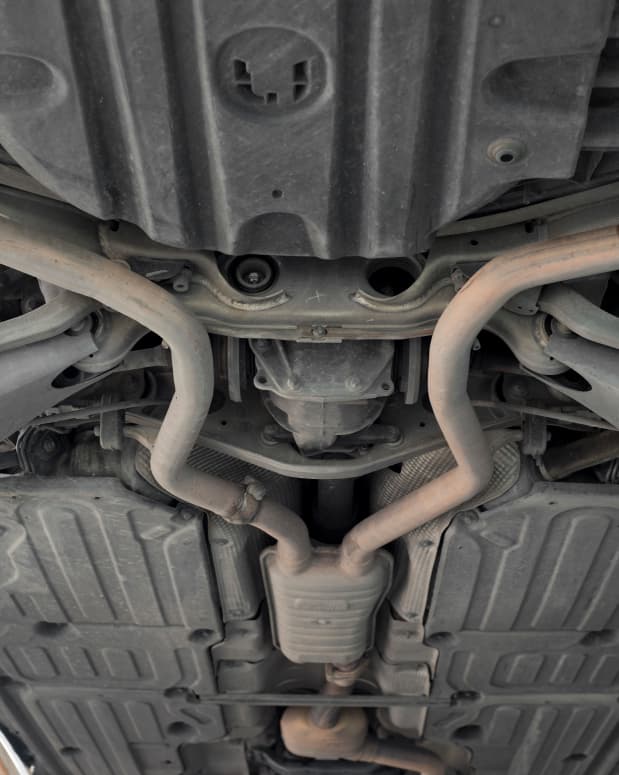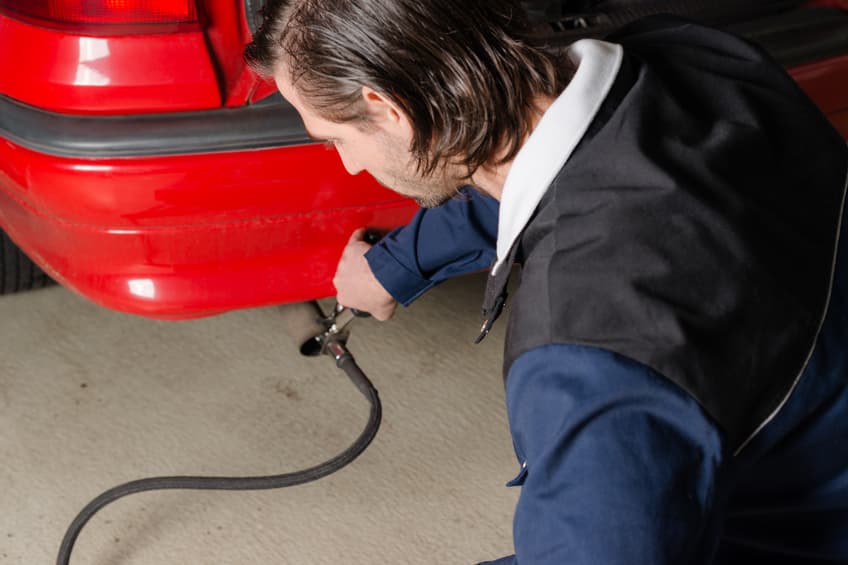
May 17, 2017
5 Symptoms of Bad Catalytic Converter
The good news about catalytic converters is that more likely than not, you’ll never need to have yours repaired or replaced. Generally speaking, the catalytic converter is good for the life of the vehicle. But of course, nothing is perfect and sometimes catalytic converters *do *fail. As such, it’s important to know some of the telltale signs that yours has fallen into disrepair.
You may not know exactly what the catalytic converter is or its function within your vehicle. It is an integral part of your car’s emissions control system and filters out the pollutants that are generated through the combustion process. If something *does *go wrong with your converter, you will want to have it fixed sooner rather than later. In some states, it is actually illegal to operate your vehicle without a functional catalytic converter.
How Do You Know if Your Catalytic Converter is Malfunctioning?
If there is something wrong with your catalytic converter, you’ll probably experience one of a handful of indicators. Some of these common giveaways include:
- Your vehicle’s fuel efficiency drops, suddenly.
- You find that your vehicle does not accelerate when you step on the gas pedal.
- Your vehicle simply refuses to start.
- You take your vehicle in for a state emissions test, and it fails.
- Your Check Engine light comes on.
If you notice any of these symptoms, make sure you schedule an appointment to have your catalytic converter tested.
What Causes Catalytic Converters to Fail?
Again, it is not typical for a catalytic converter to fail, but it *can *happen. In older vehicles, the most common reason for a catalytic converter to fail is that it simply gets clogged. It becomes so clogged, in fact, that exhaust cannot get through it, reach the muffler and ultimately exit the vehicle. And if exhaust cannot get out of the rear of the car, there’s a chance it will be challenged to the engine, where it can potentially lead to engine failure.
Addressing Your Catalytic Converter Problem
It’s worth noting that all cars sold in the United States since 1996 have on-board diagnostic tools that can diagnose a catalytic converter. So if there is a problem, the diagnostic system will produce a troubleshooting code. Your mechanic or auto maintenance specialist can read this code with a special machine and make the proper diagnosis. It is important to bring your vehicle into your local auto repair shop if you notice any of the symptoms previously listed. A poorly functioning converter will lead to bigger, more expensive problems down the road.



